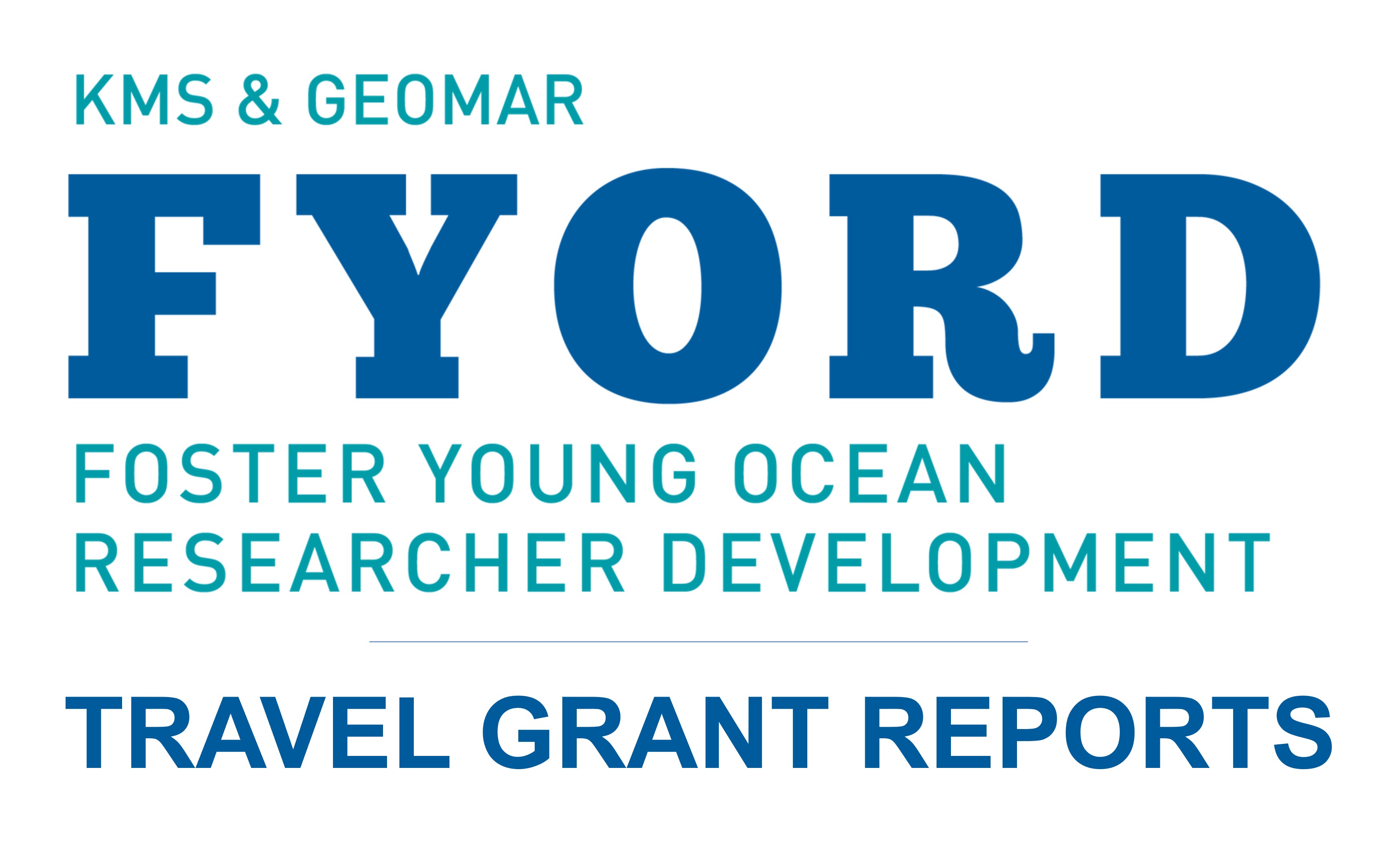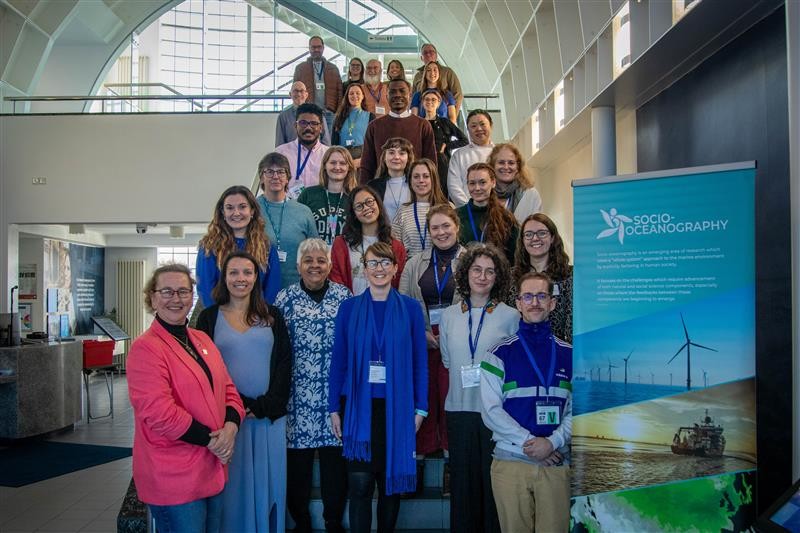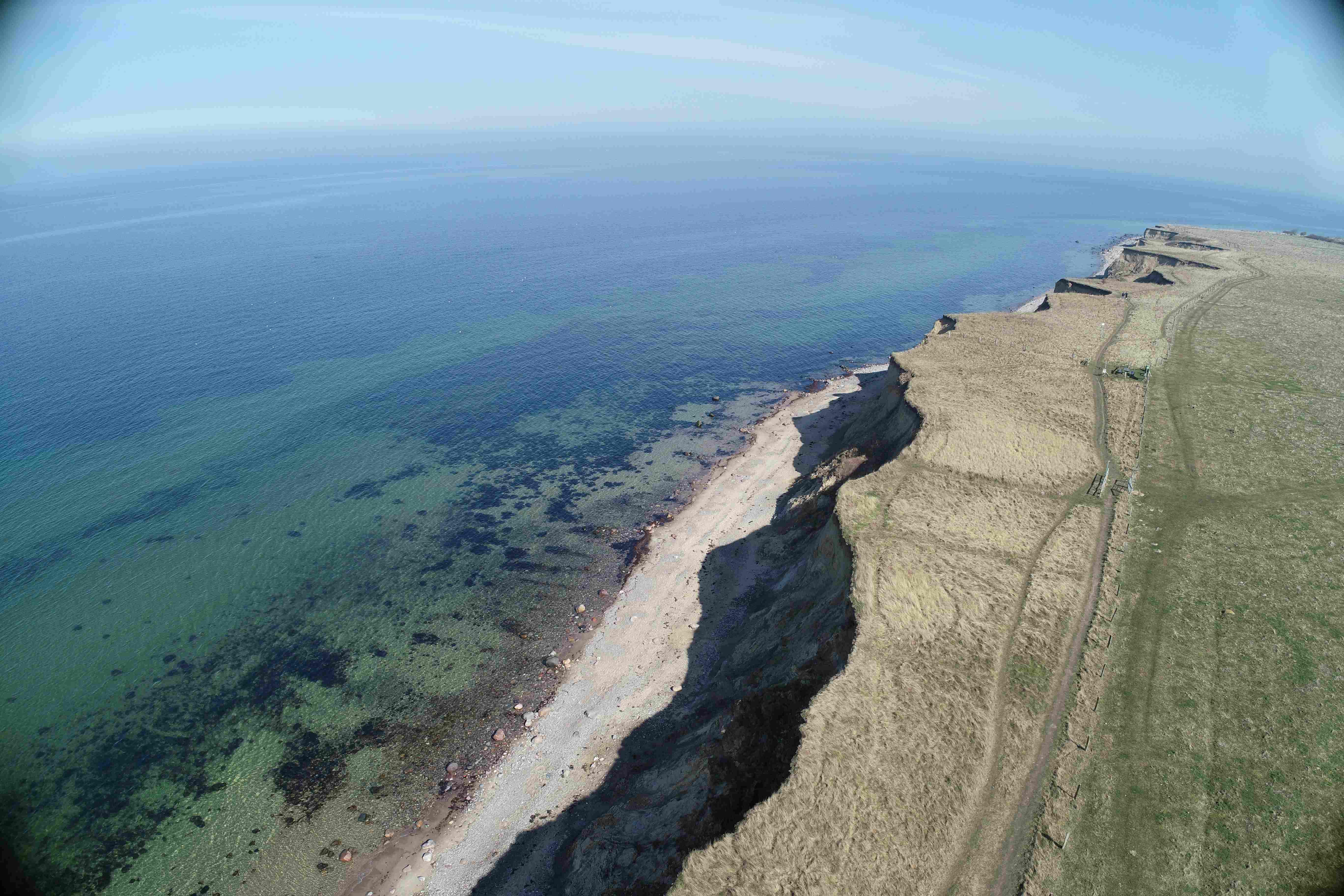The 17th Deep-Sea Biology Symposium in Hong Kong I am Véronique Merten, a postdoc in the Deep-Sea Biology Group at GEOMAR Helmholtz Centre for Ocean Research Kiel. In my research, I focus on deep-sea organisms, with a particular interest in squids (cephalopods) and whales (cetaceans). By combining environmental DNA analysis with techniques like biologging, net […]
Navigating the Uncharted Waters of Marine CDR (Part 2): The Socio-Oceanography Workshop
As I mentioned in my previous post, every scientist has a different opinion on what success looks like for marine carbon dioxide removal (mCDR). Some believe that the risks are worth the benefit because the risks of unmitigated climate change are far higher than the risks associated with mCDR. At the other end of the […]
FYORD Travel Grant Reports: Conferences in Asia
17th DSBS HKUST, Hong Kong I am Julian Stauffer, a third-year PhD student in the Deep-Sea Biology working group at GEOMAR Helmholtz Centre for Ocean Research in Kiel, Germany. I work on benthic habitat mapping with hydroacoustic and imaging methods. My main study regions are oceanic island groups in the North-East Atlantic. I am mainly […]
Navigating the Uncharted Waters of Marine CDR (Part 1): Urgent Problems, Uncertain Solutions
I never thought I would find myself constantly making the point that the topic of my research is the ‘second most important thing’. Carbon Dioxide Removal (CDR) is now necessary on top of strong emissions reductions in order to reach net zero emissions and keep warming at 1.5℃ above preindustrial levels – and it is […]
FYORD Travel Grant Reports: Master’s students travelling to international conferences
The American Geophysical Union Fall Meeting (AGU24) I am Carlos Arenas, a doctoral researcher from the Marine Geodynamics department at the GEOMAR Helmholtz Centre for Ocean Research Kiel. I investigate the thermal structure of the Pegasus Basin, located at the southern end of the Hikurangi Margin, New Zealand. By analyzing seismic records and modelling subsurface […]
Not A Doctor: Lessons I’ve learned from quitting my PhD
I never considered myself a quitter. Usually, I finish what I have started: a 30 minutes high intensity workout after the Christmas holidays for example or the extended version of the third Lord of the Rings movie, also a bachelor program in environmental science and a master in marine science in Kiel. It’s not like […]
Christmas Preparations in the Caldera: Research and Festive Spirit in the Aegean
The Maria S. Merian glides through the caldera of Santorini, framed by the island’s iconic volcanic landscape, steep cliffs, and whitewashed houses. While this breathtaking scenery captures the imagination, it also serves as a central area of research for the MULTI-MAREX project. In the caldera, the new MOLA Landers (MOLA stands for Modular Ocean Lander […]
Creativity at sea
All research cruises are a lot of work. This one, for many of us, is especially taxing, with CTD casts and sampling of surface water at all hours of the day and night. We make good use of the time, money, and energy expended to do good science—but we also like to let our more […]
Tuning in to phytoplankton rhythms
We have discussed phytoplankton quite a bit on this blog, from their part in marine snow creation to their potential reactions to ocean alkalinity enhancement. Their importance to the ocean—and the planet—is hard to overstate, and there are many aspects of their lives (and deaths) to explore. While our schedules have been chaotic this cruise, […]
Can the ocean help us fight climate change?
The ocean has always been one of Earth’s best defences in the fight against anthropogenic climate change. It absorbs about 25% of the carbon dioxide (CO₂) we emit, acting as a giant sponge for greenhouse gases. This carbon sink comes at a cost—this extra CO2 is making the ocean more acidic, and ocean acidification limits […]




